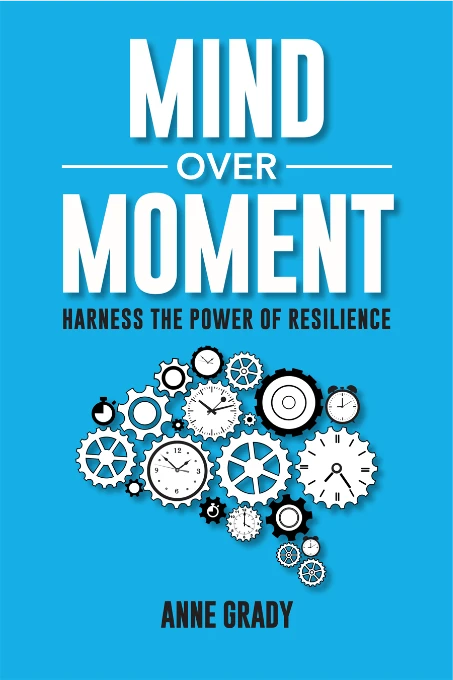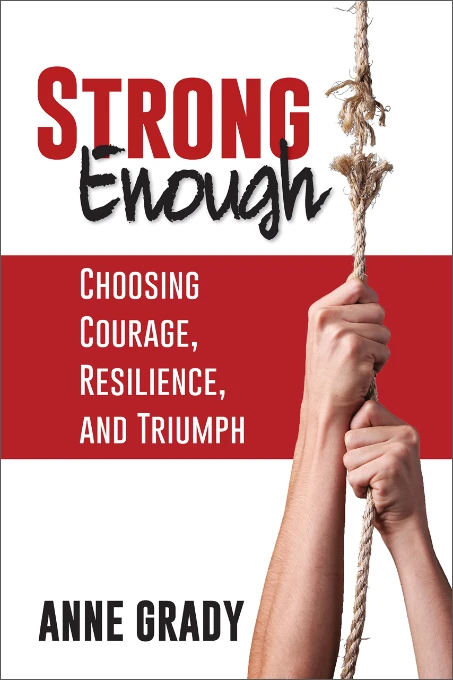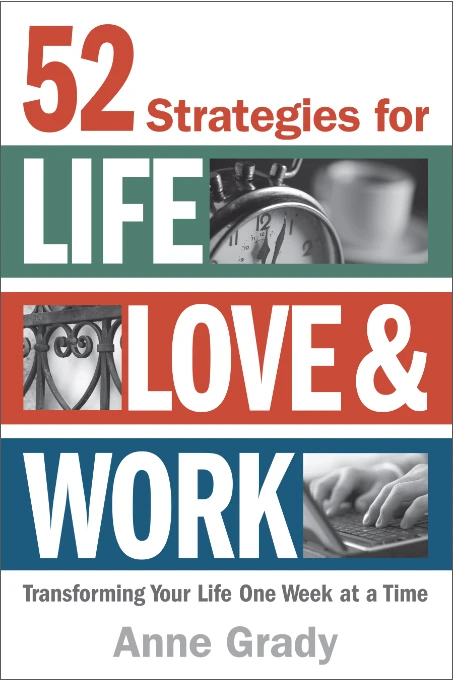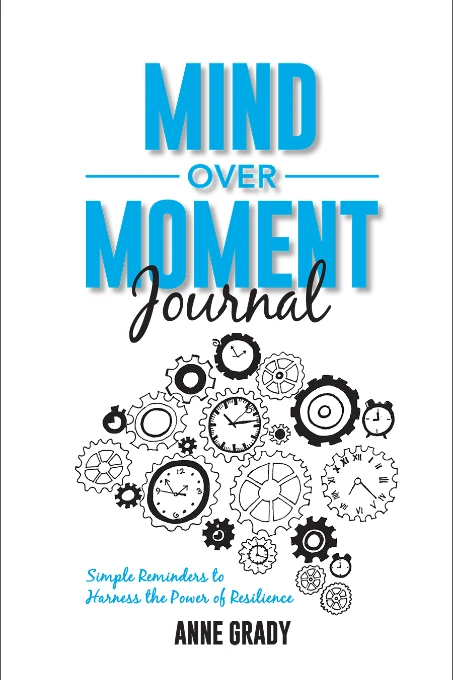Doom Scrolling: What it Is, Why it’s Harmful, & Tips to Avoid
Doom Scrolling: What it Is, Why it’s Harmful, & Tips to Avoid
Doom Scrolling: What it Is, Why it’s Harmful, & Tips to Avoid
You’ve done it, I’ve done it, we’ve all done it: waste hours scrolling endlessly on social media, filling our brains with something – anything at all – just to avoid sitting with our uncomfortable thoughts, loneliness, boredom, or lack of external stimulation.
Yesterday, a friend sent me a funny video. Then Instagram suggested another, and another, and another. I spent 25 minutes scrolling through videos before I looked up and realized I had been completely sidetracked.
Social media was designed to keep us informed and connected – but today’s platforms are also designed to keep us hooked by learning from the content we consume and continuously feeding us more.
Sure, sometimes, this can be funny animal videos or DIY hacks. But more often than not, continuous scrolling brings something more sinister.
From videos showcasing the luxurious life we wish we had to pages upon pages of the world’s latest political, environmental, and social disasters, too much scrolling can often increase the negative thoughts we have about ourselves and the world around us, feeding our already anxious minds.
Today, we’re going to dive into doom scrolling: what it is, why it’s harmful, and what you can do instead to bring more positivity into your day.
What is doom scrolling?
Doom scrolling occurs when we obsessively and/or compulsively uses social media and online platforms to consume content that is largely considered harmful, distressing, or fear-inducing (like news about natural disasters, social injustices, or crime).
However, this content doesn’t always have to be negative in nature to cause negative effects to our mental wellbeing. You could be consuming content that is considered largely positive – but if scrolling takes up half your waking hours, you can end up feeling just as bad.
Why is doom scrolling harmful?
Doom scrolling is harmful because it acts as fuel to fire our negative thoughts. Over time,continuous exposure to negative information can increase feelings of anxiety and depression.
Content platforms intentionally tap into the neuroscience of addiction, giving us a dopamine hit here and an adrenaline rush there. We often don’t even realize it’s happening until it’s too late.
Even when we recognize that the information we are absorbing is not helping us,we find it difficult to disengage, especially if we are seeking distraction for our own personal challenges.
Interacting with a funny meme a loved one sent you is a great use of social media. Scrolling endlessly through hours of funny memes becomes an unhealthy habit.
Here are some of the negative effects of doom scrolling:
- Increases feelings of helplessness and reduces empathy to the suffering of others due to overexposure of negative news.
- Impedes productivity and leads to wasted time and escapism.
- Over-comparison of ourselves to others.
- Increases our brain’s negativity bias.
- Exacerbates anxiety and depression.
- Disturbs sleep due to continuous usage of screens.
How do you avoid doom scrolling?
To avoid doom scrolling, first take a look at your social media consumption habits. It is important to be mindful of how much time you spend on these platforms so you can understand how much it is affecting your day-to-day life. From there, you can begin to set limits on your usage and fill your days with things that fill your cup.
Set a timer for five to 10 minutes every time you check social platforms. When the alarm goes off, you can make a conscious decision about whether or not you continue.
Bad news gets ratings and is more easily monetized. Yes, there are bad things happening in the world around us, but the media and social platforms capitalize on our fear. There are also beautiful things in the world around us, and when we focus on those things, our brain and body reward us with a brighter outlook and more optimism.
Finding a balance between staying connected to the world at large and maintaining your mental wellbeing is key.
A few quick tips to avoid doom scrolling:
- Set a time limit for your social media usage via your phone, and turn off notifications for non-essential applications.
- Follow news outlets that solely promote good news and follow accounts that promote well-being and positive thinking to bring more joy into your daily feed.
- Try downloading a book on your phone instead of scrolling through socials. You might still be using your phone, but at least you’re filling your brain with what YOU want to fill it with – not what the algorithm thinks you want to see.
- Avoid using screens before bedtime to improve sleep and deep rest.
“There are only two things we have total control over in this world: Our attention and our effort. Be deliberate about where you invest both. Remember, you have to work hard to protect your peace.”
Subscribe to Anne's Resilience Reset Email!
Anne breaks down the daily habits and skills needed to grow and cultivate RESILIENCE.
Read Up on Resilience!
Anne’s Books Available on Amazon.com!

Anne Grady is a Speaker, Author, and #TruthBomb Dropper.
Anne shares practical strategies that can be applied both personally and professionally to improve relationships, navigate change, and triumph over adversity. And she’ll make you laugh while she does it. Anne is a two time TEDx speaker, and her work has been featured in numerous media outlets, including Harvard Business Review, Entrepreneur, Forbes, Fast Company and Inc. magazines, CNN, ESPN, and FOX Business. She is the best selling author of 3 books. Her newest, Mind Over Moment: Harness the Power of Resilience, is available on Amazon now.




